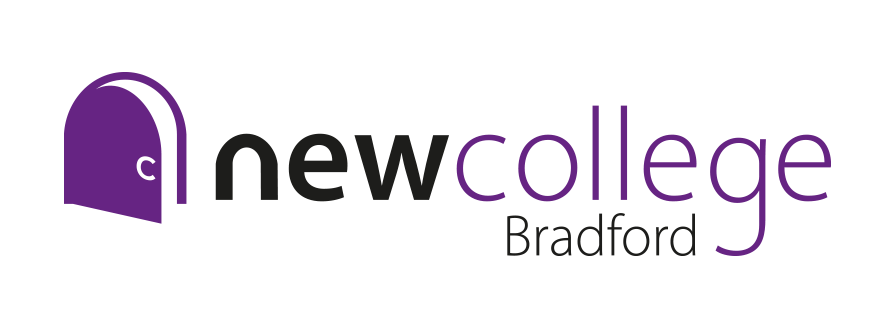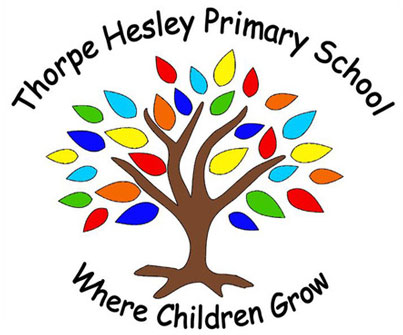What are lessons like in this subject?
Religion, Ethics and Philosophy lessons include thinking and talking about issues that are relevant in contemporary society and also have had a huge impact throughout history. You will have the opportunity to reflect on what it means to be human, and discuss and evaluate the impact of belief or lack of belief on lifestyles.
You will be expected to participate in discussions about religious, ethical and philosophical issues and to support your arguments with specific evidence, examples or scholarly opinions.
You will have the opportunity to work in small groups to share ideas and develop oracy skills. During your lessons you will learn to extract relevant information from texts and use it to write analytical essays in a structured and effective way. You will be frequently tested in a variety of ways to aid your knowledge and understanding of the subject content.
You may get the opportunity to attend subject conferences at universities and visit places of religious significance.







